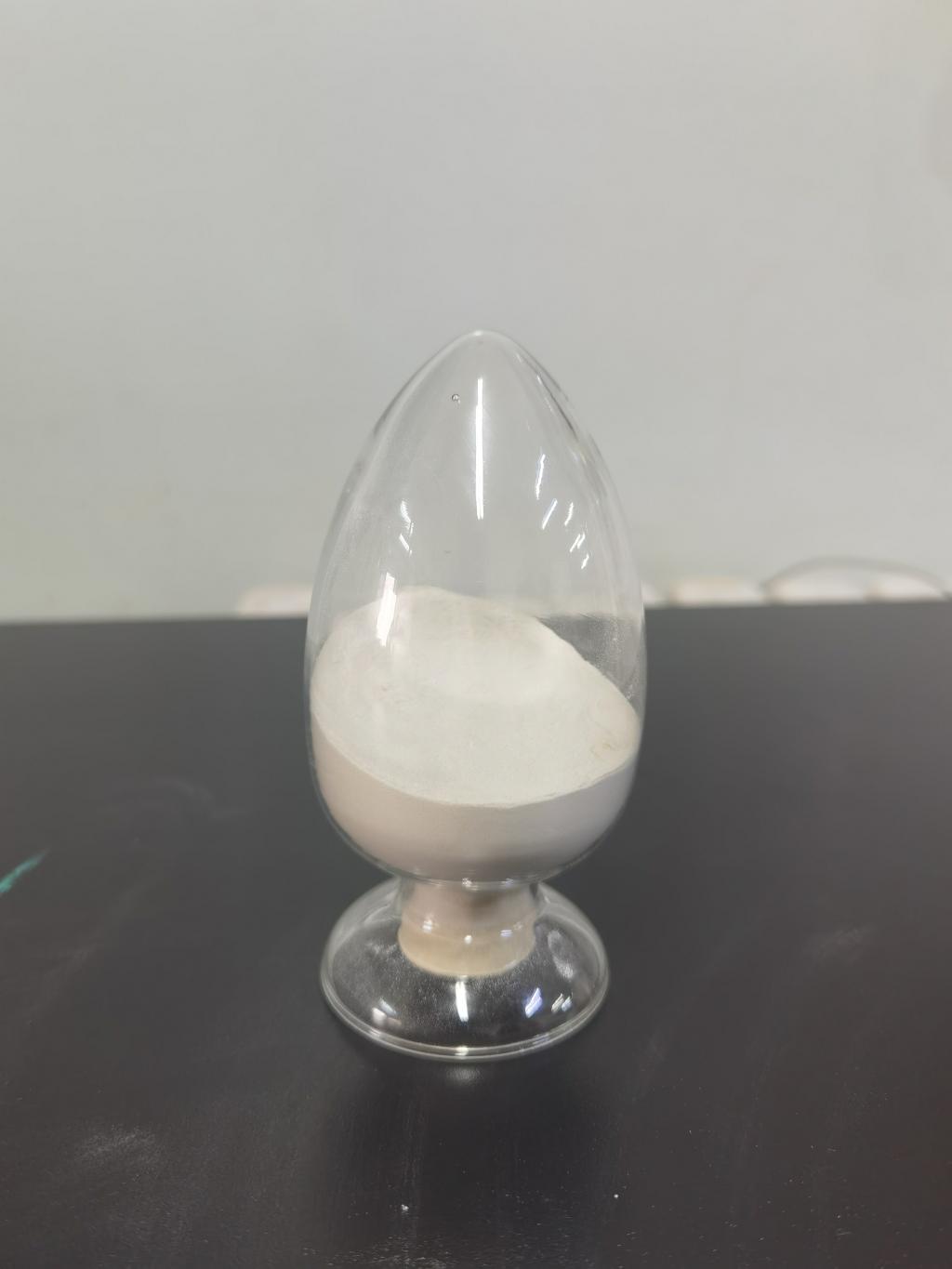Tel:0086 18231198596

News
Current Position:
Home >
News
>Nisin Applications in Foodservice: Ensuring Safety in Restaurants and Cafes
Nisin Applications in Foodservice: Ensuring Safety in Restaurants and Cafes
TIME:2024-03-13
Nisin, a naturally occurring antimicrobial peptide, has gained recognition for its ability to inhibit the growth of pathogenic bacteria in various food products. Its broad spectrum of antimicrobial activity, safety for human consumption, and compatibility with different food matrices make it an attractive option for enhancing food safety in restaurants and cafes. This article examines the applications of nisin in the foodservice industry, focusing on its role in preventing microbial contamination, extending shelf life, and maintaining quality standards.
Preventing Microbial Contamination:
One of the primary challenges in the foodservice industry is preventing microbial contamination of food during preparation, handling, and storage. Pathogenic bacteria such as Salmonella, Escherichia coli, and Listeria monocytogenes pose a significant risk to public health if consumed in contaminated food. Nisin offers a natural and effective means of inhibiting the growth of these pathogens, thereby reducing the risk of foodborne illnesses.
Restaurants and cafes can incorporate nisin into their food preparation processes by adding it directly to food formulations or using nisin-containing coatings or films to protect perishable items. For example, nisin can be added to sauces, dressings, and marinades to prevent the growth of bacteria during storage and distribution. Similarly, applying nisin-containing coatings to fresh produce or meat products can inhibit bacterial growth and extend their shelf life.
Furthermore, nisin's compatibility with various food matrices allows for its incorporation into a wide range of menu items without compromising taste or quality. Whether used in soups, salads, sandwiches, or cooked dishes, nisin provides an additional layer of protection against microbial contamination, safeguarding the health and well-being of customers.
Extending Shelf Life:
In addition to preventing microbial contamination, nisin can help extend the shelf life of perishable foods, reducing waste and improving cost-effectiveness for foodservice establishments. By inhibiting the growth of spoilage bacteria and fungi, nisin helps maintain the freshness and quality of food products for longer periods, thereby reducing the need for frequent restocking and disposal of expired items.
Nisin can be incorporated into a variety of perishable foods commonly served in restaurants and cafes, including dairy products, meats, seafood, and baked goods. For example, adding nisin to cheese or yogurt can prevent the growth of molds and yeasts, extending their shelf life without the need for additional preservatives. Similarly, incorporating nisin into meat products such as deli meats or sausages can inhibit the growth of spoilage bacteria, ensuring product safety and quality throughout storage and distribution.
Maintaining Quality Standards:
In addition to its antimicrobial properties, nisin has been shown to have other beneficial effects on food quality, making it an ideal choice for maintaining high standards in restaurants and cafes. Studies have demonstrated that nisin can inhibit the production of off-flavors and off-odors in food products, preserving their sensory characteristics and consumer appeal.
Furthermore, nisin's natural origin and safety for human consumption make it a preferred alternative to synthetic preservatives and additives, aligning with consumer preferences for clean label ingredients. By using nisin to preserve and protect their food offerings, restaurants and cafes can reassure customers of their commitment to quality, safety, and transparency in food preparation.
Conclusion:
Nisin's applications in the foodservice industry offer a promising solution for enhancing food safety, extending shelf life, and maintaining quality standards in restaurants and cafes. By incorporating nisin into their food preparation processes, establishments can effectively prevent microbial contamination, reduce waste, and improve customer satisfaction.
Moving forward, continued research and innovation are needed to optimize the use of nisin in foodservice settings, ensuring its efficacy and safety across a variety of applications. Additionally, education and training programs can help foodservice professionals understand the benefits of nisin and integrate it into their practices effectively.
Overall, nisin represents a valuable tool for ensuring safety and quality in the foodservice industry, contributing to the success and reputation of restaurants, cafes, and other food establishments. By embracing nisin as part of their food safety strategy, businesses can demonstrate their commitment to providing safe, wholesome, and delicious meals to their customers.

 CONTACT
CONTACT




